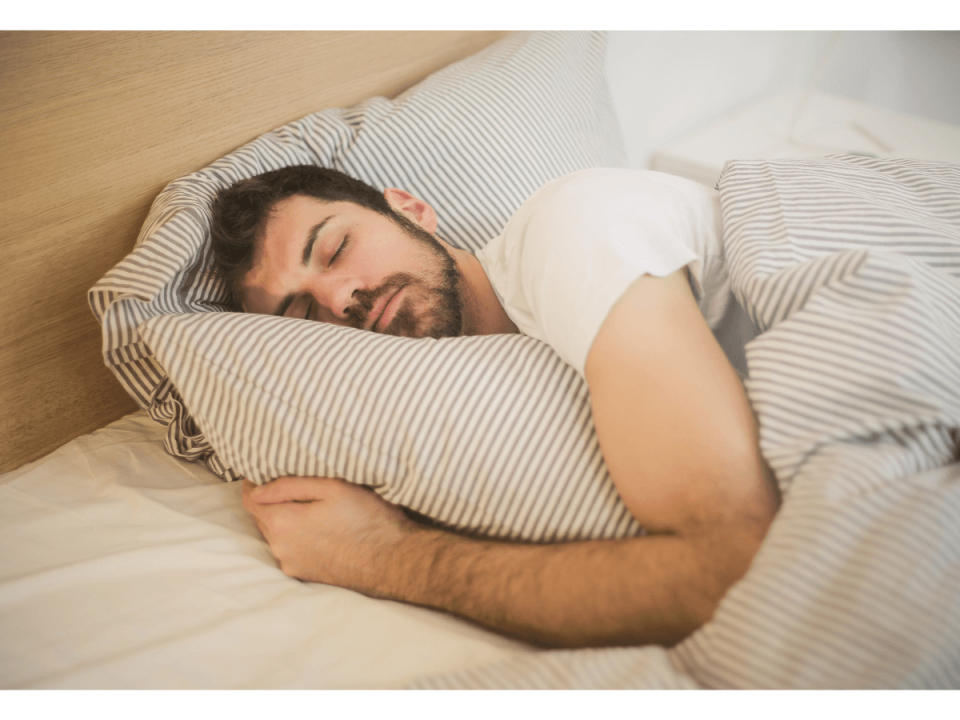Most people think that a monophasic sleep schedule (waking up in the morning and sleeping at night) is ideal. Other sleep patterns, such as Everyman, the Dymaxion, and the Overman, are challenging all we thought we understood about sleep rhythms.
These alternate sleep patterns are scientifically proven to be viable and perhaps preferred. We look at numerous polyphasic sleep patterns, including burst-focused cycles of 2 and 4 hours of sleep. Here are some tips that can greatly improve your sleep quality.
Table of Contents
Maintain a sleep schedule
Don’t sleep more than eight hours each day and try to go to bed and get up at the same hour, including on weekends. Consistency improves your body’s sleep-wake cycle. If you haven’t fallen asleep within the first 20 minutes of going to bed, get out of your room and do something calming; read a book or listen to soothing music. When you’re exhausted, go back to bed. Repeat as required, but stick to your sleep and wake routine. Make your room silent
Make your room silent
Keep your room cold, dark, and quiet. Light exposure at night might make it harder to sleep, so try to avoid extended use of light-up displays right before night. Consider utilizing room-darkening shades, earplugs, a fan, or other gadgets to create an atmosphere that meets your needs. Relaxing activities before bed, such as bathing or relaxation techniques, might help you sleep better.
Make use of light
Natural light keeps your internal clock in a healthy sleep-wake cycle. Allow light in first thing in the morning and leave the workplace to soak up the sun during the day.
Incorporate physical exercise into your daily routine
Regular physical activity can help you sleep better; avoid being active too close to bedtime, though. Spending time outside each day might also be beneficial.

Dealing with issues
Try to address your concerns or anxieties before going to bed. Write your thoughts and set them away for tomorrow. Stress management may be an important aspect. Start with the basics of how to prioritize, and assign activities. Meditation can also help with anxiety relief.
Keep an eye on what you eat and drink
Don’t go to bed hungry or full; avoid eating large or heavy meals a few hours before going to bed. The pain might keep you awake. Nicotine, caffeine, and alcohol should all be used with caution, smoking and caffeine’s energizing effects wear off after a few hours and might interfere with sleep. While alcohol might make you sleepy at first, it can impair your sleep later.
Set up a pleasant bedtime
Light reading before bed is a nice approach to preparing for sleep. Relaxing exercise around an hour before night might help ease the transition from waking to sleeping. Take a bath, read a book, watch TV, or do relaxation techniques. Avoid stressful and stimulating activities such as working on a project or discussing emotional problems. Physical and mental exertion can cause the stress hormone cortisol, which relates to greater alertness. As we said, if you have the habit of bringing troubles to bed, try writing them down and then putting them away.

Read More:
